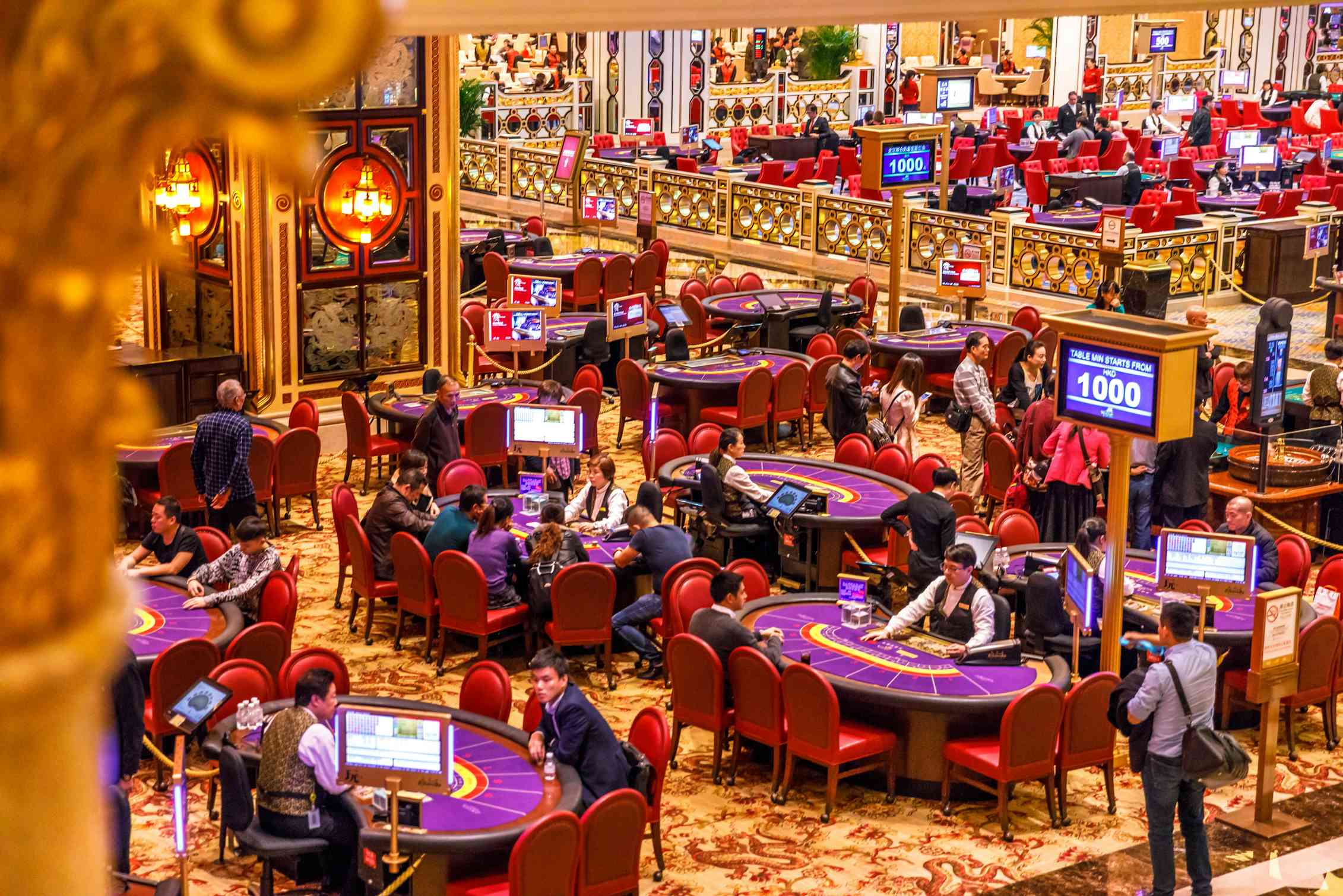
Betting has been an essential part of human recreation for thousands of years, evolving through cultures and periods to become the exciting casino activities we know today. From the ancient Chinese and Romans, who engaged in different forms of betting and chance, to the sophisticated gaming floors of today’s casinos, the attraction of risk and winning has fascinated individuals across the globe. The transition from simple dice games and primitive betting setups to the opulent environments of contemporary casinos reflects significant strides in both cultural standards and technological.
As cultures evolved, so too did the complexity of gambling activities, with gambling activities emerging as a unique category of leisure and excitement. These games have changed from informal gatherings centered around traditional tables to grand, lavish establishments designed to lure players. Today, we explore this fascinating journey, analyzing how historical practices laid the groundwork for the diverse and thrilling casino activities that bring pleasure to millions worldwide.
spintax
Historical Wagering Practices
Gambling has profound roots in human past, with evidence of games of chance tracing back to ancient civilizations. Archaeologists have discovered that as far back as 3000 BC, the Chinese were using primitive forms of gambling with dice made from ivory. Similarly, ancient Mesopotamians engaged in gambling activities, often relying on the throwing of lots or dice to determine winners. These early forms of betting served not only as amusement but also played crucial roles in social and cultural practices.
The people of Egypt also were involved in betting activities, with games that included betting on the outcomes of various events, including sports and religious festivals. Artifacts such as dice and depictions of gamblers from ancient tombs demonstrate that gambling was a common pastime. It provided both relaxation and a means of engaging in social interaction, often linked to celebratory occasions or important gatherings. KUBET This behavior revealed the universal appeal of chance and competition throughout the ages.
In ancient Rome, wagering became a widespread practice among the populace, as evidenced by references in literature and the establishment of guidelines around certain activities. Romans enjoyed a variety of gambling activities, from betting on chariot races to playing games similar to modern-day board games. The legal framework surrounding these activities began to take shape, establishing the foundations for gambling regulations that would evolve in the centuries to come. The fame of gambling during this period set the stage for the development of gambling house games in the future.
The Progression of Casino Games
Casino games have gone through notable transformations from their beginnings to the modern-day entertainment selections. In historical civilizations, gaming was frequently connected to ceremonial practices, with dice games found in Mesopotamia and wagering on the outcomes of events in old Rome. These early forms of gambling laid the basis for the formal games we see today. The shift from informal gambling to organized games occurred as societies began creating rules and venues for wagering, demonstrating cultural values and practices.
The medieval period saw the development of card games, which gained fame among the nobility of Europe nobility. Games like the first and baccarat became mainstays in social gatherings. The creation of printing technology further facilitated the spread of playing cards, making them more accessible to the general public. As gambling houses began to multiply, these card games developed into different forms that catered to wider audiences, eventually leading to the creation of casinos as specialized venues for gaming.
The twentieth century marked a crucial point in the evolution of casino games, with the ascendancy of commercial casinos in Vegas and other gambling hotspots. This era brought forth games like slot machines and modern versions of table games, complete with high-quality graphics and complex betting structures. The arrival of online casinos in the late 1990s further changed the gaming industry, allowing players to access a great variety of casino games from the convenience of their homes. Today, gambling games persist to develop, blending traditional elements with advanced technology to create immersive experiences for players globally.
Modern Gaming Laws
In recent years, the environment of gambling laws has developed substantially, notably as tech advances and online gaming have become more prevalent. Governments around the planet have implemented multiple regulations and standards to guarantee that gambling activities are carried out equally, with responsibility, and transparently. These laws often cover elements such as permits, advertising, player protection, and sensible gambling measures. Authorities aim to minimize issues such as gambling addiction and cheating while fostering a equitable gaming environment.
The emergence of internet gambling sites has created a need for a new approach to regulation. Many legal areas have created specific internet-based gambling frameworks that cater to internet-based gaming, allowing operators to provide their services legally. These structures often demand operators to get permits, follow strict security protocols, and provide assistance options to assist players. By vigilantly monitoring internet activities, regulators can better protect players from risks and ensure that gambling is conducted in a secure manner.
Additionally, modern gaming regulations are increasingly centering around responsible gaming strategies. Many gaming establishments and online sites now implement features such as self-exclusion, deposit limits, and time-outs to help players control their gaming habits. Awareness campaigns aimed at educating about the risks of gaming are also widespread. As the sector continues to grow, the emphasis on sensible gambling remains a fundamental principle of regulatory efforts, showing a commitment to encouraging a secure and pleasant gambling experience for all gamblers.